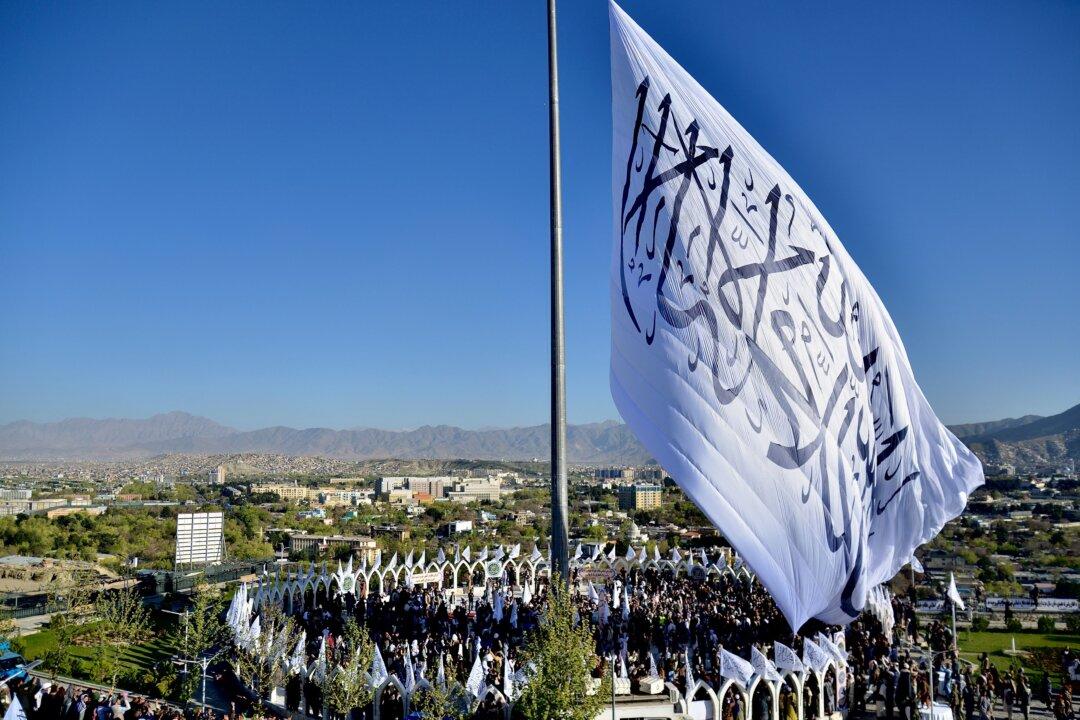United Nations Deputy Secretary-General Amina Mohammed has said that the U.N. will consider recognizing the Taliban, as special envoys for Afghanistan sit for their first meeting with the U.N. Secretary-General in early May.
The envoys from various countries will meet with U.N. Secretary-General Antonio Guterres on May 1 and 2 in Doha, Qatar, to work on a unified approach to dealing with the Taliban, Mohammed said on April 17.





